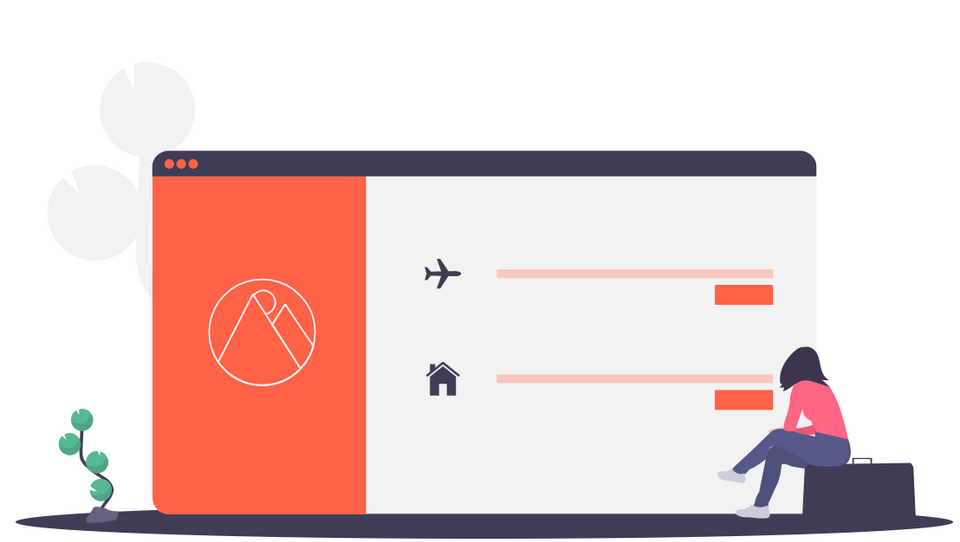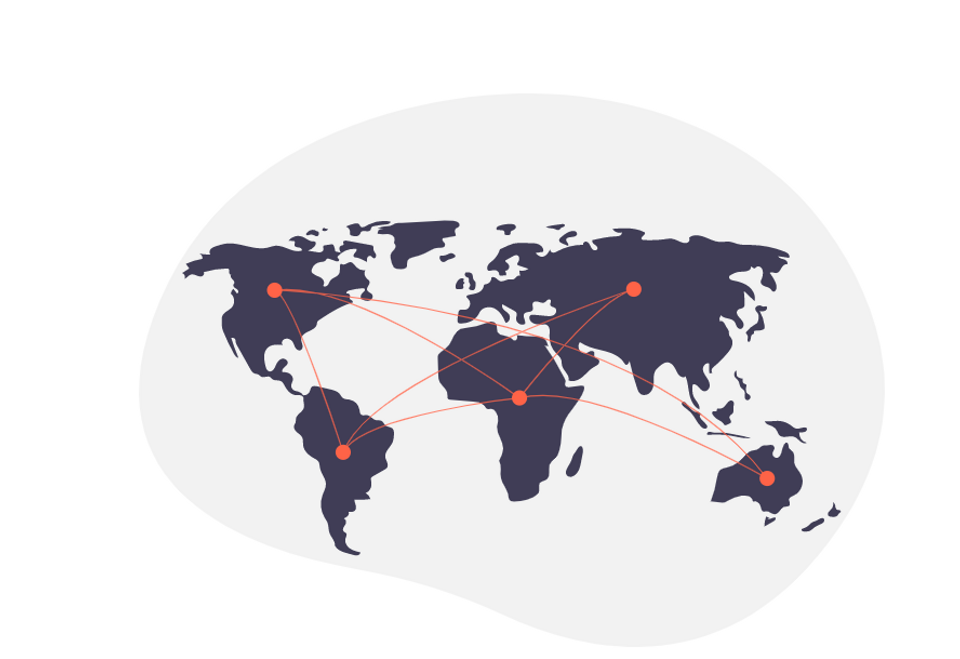dev.luxumbra.eth
luxumbra
Decentralised Frontend Development
Modern tech for the new world
Decentralised
When technology is centralized, it typically means that it is controlled and run by a single company, government, or individual. Decentralized technology on the other hand, is run by a network of participants that no one actor can control or shut down.
- Users don’t have to put trust in a central authority. We trust companies and governments with our information and money all the time, and it is completely ok to make these decisions on a case by case basis. But we see plenty of examples where this trust lets us down to varying degrees, ranging from the product that you trusted to backup all your photos getting shut down when the startup gets bought or goes out of business, to the social media company selling your data to advertisers who follow you around the internet. In a well designed decentralized network, you should be able to reduce or eliminate the trust that you’re required to put into third parties.
- There is less likely to be a single point of failure. We see single points of failure all the time in the form of outages of centralized web sites. Gmail goes down and productivity halts as you can’t get your email. Your bank’s web site shuts down for maintenance and you can’t do an online transfer to pay your bills. In decentralized networks, no one node going down can take down the entire network, so no matter how many users come and go, your applications should remain up and running.
- There is less censorship. It is becoming increasingly common that governments shut down their citizens’ access to social media, as they attempt to censor reports of what is going on internally. It is easy for them to shut down access to Twitter, as all they have to do is stop traffic going to Twitter’s central servers. But it is far more difficult for them to censor traffic on a peer to peer network, in which every single outbound packet being sent could be communicating with another peer on the decentralized network, who can then forward that message along.
- Decentralized networks are more likely to be open development platforms. This means that anyone can build amazing tools, products, and services on top of decentralized networks. Contrast this with centralized technology which is more often closed off with intentionally limited development opportunities. Open and decentralized doesn’t mean that companies can’t make money. In fact, it means the opposite, as the more great products and tools that are built, the larger the network effects are locking users into the network, and therefore the more opportunities to build great businesses on top. The world wide web itself is a great example of an open network, in which many great businesses such as Amazon, found opportunities to grow enormously due to the network effects of all the great things being built on top of the network.
- There is potential for network ownership alignment. This is the idea that the people who contribute value to a decentralized network receive ownership or economic stake in the network, that becomes more valuable as the network grows. This is one of the most exciting things that blockchain technology brings to decentralized networks, as it allows economics to be designed into the networks themselves, to create the right incentives for early participants to become powerhouse evangelists and value-contributing users. Contrast this to a centralized network where only the company controlling the network receives value as the network grows, and you can see why it’s exciting for users to participate in a decentralized network.
- Decentralized networks can be more meritocratic.


Web 3.0
Web 3.0 is the third generation of internet services for websites and applications that will focus on using a machine-based understanding of data to provide a data-driven and semantic web. The ultimate goal of Web 3.0 is to create more intelligent, connected and open websites. This *is* the future!
Contact me on social media
Say hi, tell me about your project, ask me questions.